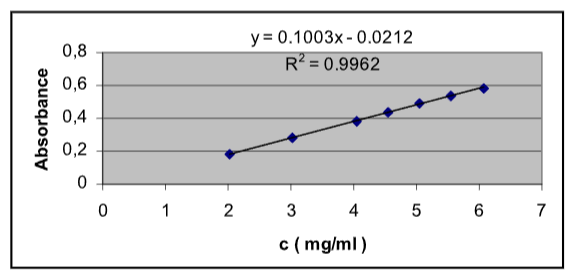Mathematical methods for quantification and comparison of dissolution testing data
DOI:
https://doi.org/10.17305/bjbms.2002.3581Keywords:
dissolution testing, difference factor, similarity factor, quantification, comparison, solid dosage formsAbstract
In recent years, drug release/dissolution from solid dosage forms has been the subject of intense and profitable scientific developments. Whenever a new solid dosage form is developed or produced, it is necessary to ensure that drug dissolutionoccurs in an appropriate manner. The pharmaceutical industry and the registration authorities do focus, nowadays, on drug dissolution studies. The quantitative analysis of the values obtained in dissolution/release tests is easier when mathematicalformulas that express the dissolution results as a function of some of the dosage forms characteristics are used. This work discusses the analysis of data obtained for dissolution profiles under different media pH conditions using mathematical methodsof analysis described by Moore and Flanner. These authors have described difference factor (f1) and similarity factor (f2), which can be used to characterise drug dissolution/release profiles. In this work we have used these formulas for evaluation of dissolution profiles of the conventional tablets in different pH of dissolution medium (range of physiological variations).
Citations
Downloads

Published
License
Copyright (c) 2018 Bosnian Journal of Basic Medical Sciences

This work is licensed under a Creative Commons Attribution 4.0 International License.
How to Cite
Accepted 2018-05-06
Published 2002-02-20









